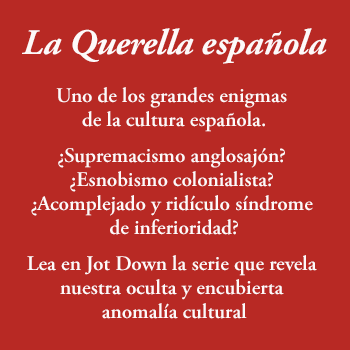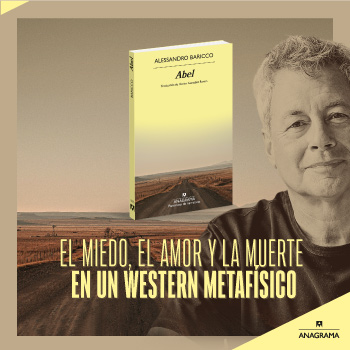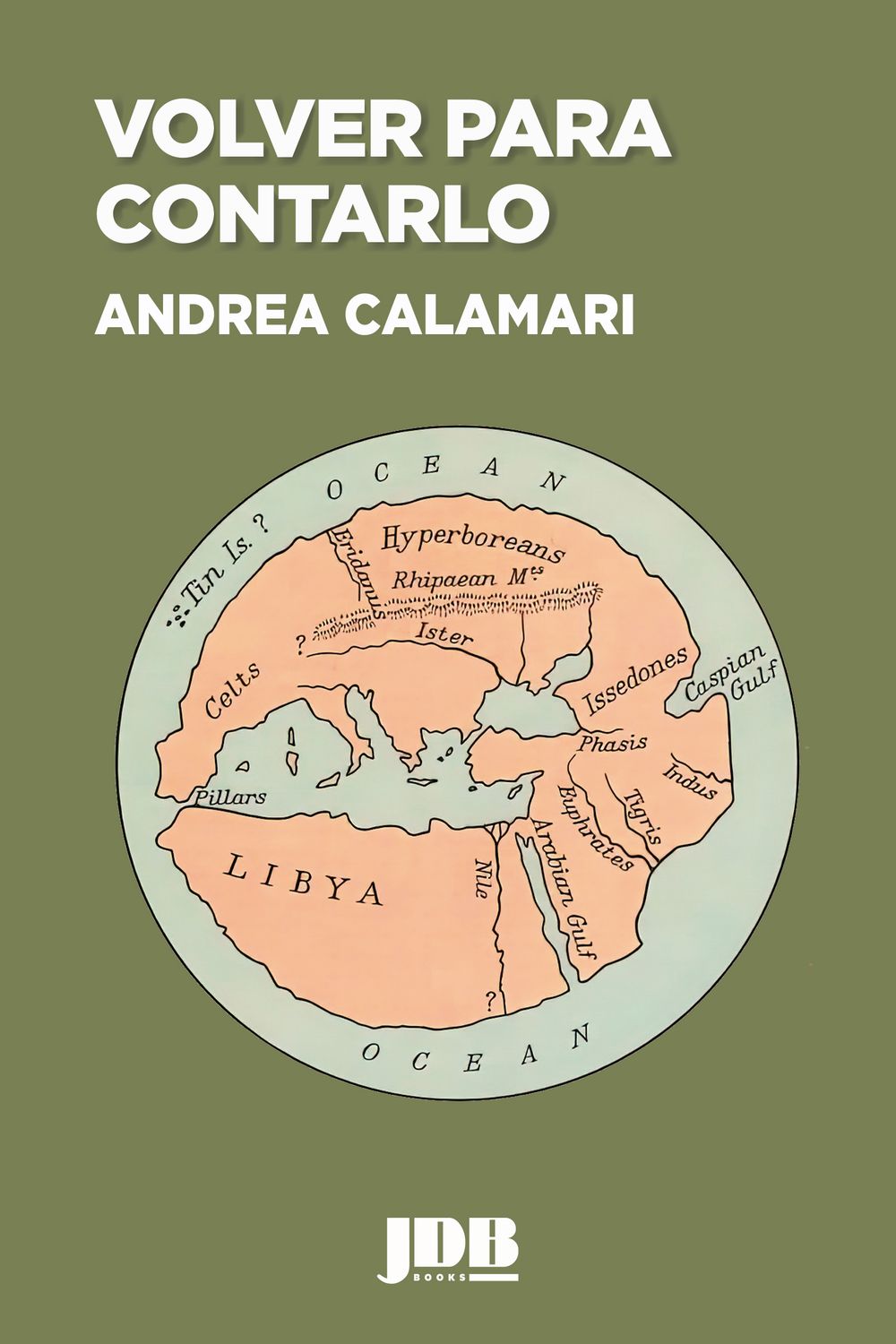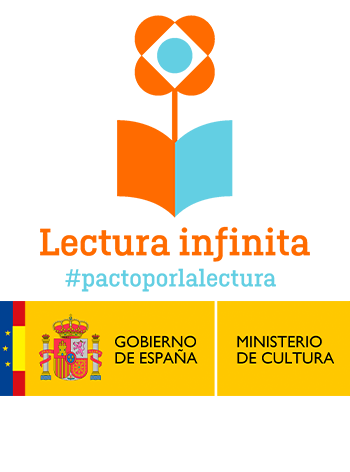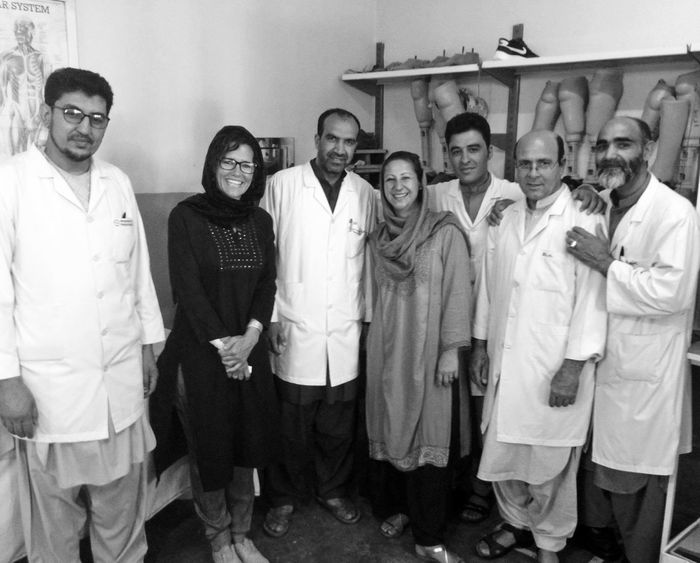
(Versión en castellano aquí)
In memory of Lorena Enebral Pérez
«The really important kind of freedom involves attention, and awareness, and discipline, and effort, and being able truly to care about other people and to sacrifice for them, over and over, in myriad petty little unsexy ways every day.»
David Foster Wallace, This is water
Part one: The law of war
They had gone there to kill each other, over two hundred thousand men in all, equipped with sabres, rifles, wheel lock pistols, bayonets and rusty cannons which released an acrid stench as they spewed their load of lead into the sky. The toll of the battle, after nine hours of fighting, was grim: five thousand dead and twenty-three thousand wounded soldiers bleeding to death on the battlefield. The scene was the Italian town of Solferino, and the year was 1859.
Henry Dunant, on the other hand, had no intention of killing anyone. The only reason this Swiss man with bushy sideburns had gone to Solferino was to seek an audience with Napoleon III who, in addition to heading one of the armies at war, was also something of an “influencer” of the predigital age (Dunant wanted to ask the emperor for assistance in obtaining concessions in North Africa, which was still under the control of the French).
He had no intention of killing anyone, but he came face-to-face with death and rather than look the other way, he rushed to mobilize the citizens of Solferino to care for the thousands of wounded soldiers and to give the dead a dignified burial. On his return home to Geneva, he wrote a booklet, just fifty or so pages long, called A Memory of Solferino, which was to change the lives of hundreds of millions of people. In it, he strongly condemned the widespread practice of leaving severely wounded soldiers to die and rot on the battlefield to the delight of soft, cylindrical invertebrates and birds of prey. That booklet caused great consternation among Europe’s monarchies and empires at the time, and they looked from one to another with a mixture of remorse and shame. Soon after its publication in 1863, the International Committee of the Red Cross (ICRC) was founded, precisely for the purpose of protecting and assisting the victims of armed conflict. A year later, in 1864, the original Geneva Convention was signed. Its main provision was as simple as it was revolutionary: the States parties undertook to collect the wounded from the battlefield and care for them, whatever their nationality. This is how the law of war, also known as international humanitarian law or the law of armed conflict, came into being.

Part two: The Enebral Rules of Play
In her hometown of Pozuelo, a story is told – and it is no legend; the author has spoken to people who were actually there – about how Lorena Enebral, at three years of age, snuck out of her house to visit a newborn baby, the son of a neighbour. She was accompanied by her first and most loyal friend, Andrea, who was about the same age as her. Neither of them was wearing any clothes. As soon as they entered that trusting neighbour’s house (the door must have been open), someone told them that they would have to put some clothes on if they wanted to see the baby. Lorena rushed home, grabbed a pair of knickers from somewhere and ran back to see the baby. While her friend Andrea waited patiently in the garden, she went, scantily dressed, into the living room, making everyone laugh, and peered into the cot. She then went straight back out again, took the knickers off and gave them to Andrea so that she could get “dressed” and go in to marvel at that wrinkly baby’s soft folds of skin. “Your turn,” we can imagine she said, as she held out the knickers to her.
That day Lorena learnt that she liked children.
And she learnt to share.

Andrea describes Lorena as “a whirlwind”. She liked dressing up, dragging her cousins and siblings from one slide to another and playing all kinds of sports: volleyball, football, hockey and baseball. Their baseball games were an anarchic affair, with more than twenty players all playing at the same time and no fixed bases or strike limit. According to Arancha, Lorena’s sister, these games were played by the “Enebral Rules of Play”. Everything was allowed. The only condition was to have as much fun as possible, laugh nonstop and share in what Lorena called the “joy of being alive”.
Years later, when she was working for the International Committee of the Red Cross in Afghanistan, Lorena – always a keep-fit enthusiast and a former aerobics teacher – went to the gym first thing every morning. Rubis Mena, one of her best friends who worked for the same organization as a water and sanitation engineer, would arrive at the gym five or ten minutes before her. At around six in the morning, Lorena would burst through the gym door shimmying her shoulders, swaying her hips and wagging her index fingers in the air, with that ever-present smile on her face, as warm as a fire in winter and as wide as the horizon in a sunset over the sea.
As a girl, Lorena began to play life according to the “Enebral Rules of Play”.
And she continued to do so until the day she died.
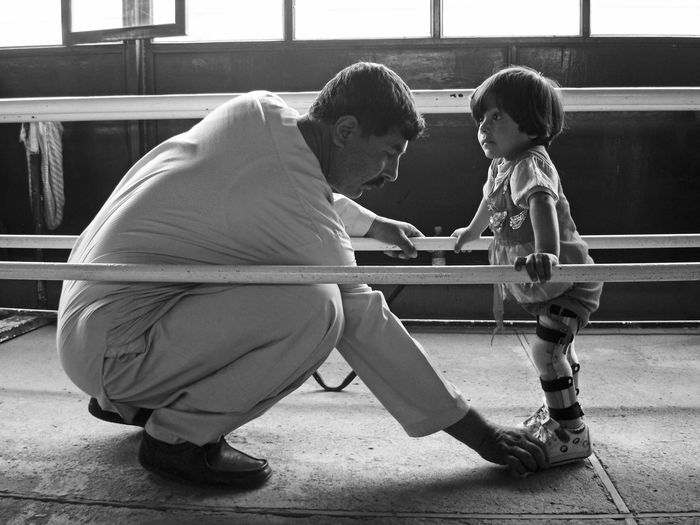
Part three: Afghanistan still exists
It does still exist, although this is sometimes easy to forget.
And it is easy to forget that the country has been in the grip of war for almost forty years.
The Union of Soviet Socialist Republics (USSR) intervened in Afghanistan in 1979 and stayed for almost a decade, departing in February 1989. The conflict between the USSR and the mujahideen (those who fight for their faith), is often compared to the Vietnam War. The mujahideen were to the Soviets what the Viet Cong were to the United States: a fervent and indomitable enemy. Saudi Arabia and the United States were the main champions of these religious fighters. Saudi Arabia sought to put an end to the atheist threat posed by the USSR, while the United States was keen to check the spread of communism. In the course of the conflict, these two countries supplied the mujahideen with billions of dollars’ worth of weapons, including the infamous Stinger missiles. This was how the Afghans fell victim to a situation illustrating one of the cruellest (and most apt) Latin aphorisms: bellum se ipsum alet – the war will feed itself. By the time Gorbachov announced the USSR’s withdrawal from the country, the mujahideen were killing each other and committing massacres at every turn. The Taliban movement was a reaction to the prevailing chaos; its primary aim was to simply disarm the mujahideen and bring a little peace to Afghanistan, which was in tatters after the years of fighting with USSR troops and the fratricidal strife between the different Afghan factions.
The Taliban gradually took control of most of the country’s provinces (many civilians, weary of so much violence, welcomed them even though they did not agree with their religious agenda; peace was more important). Then came Bin Laden, the 9/11 attacks (read Lawrence Wright’s remarkable book The Looming Tower) and the umpteenth war, this time between the Taliban government and an international US-led coalition. This new conflict, intertwined with many others through highly complex causal relationships (impossible to even outline here), began in late 2001 and rages on still today.
Afghanistan still exists, and the Afghans have been struggling under the burden of war for almost four decades, although the plight of this noble people has been eclipsed by other more recent conflicts on the flat-screen electronic devices that provide you, dear reader, with news about just a tiny part of what goes on in the world. Afghanistan still exists and when we think about the Afghans, about any Afghan, we should bear three things in mind:
- that wars are waged with weapons, and Afghanistan is not one of the countries that produces them or gets rich from trading in them;
- that in the course of these shifting conflicts spanning more than three decades, a host of nations have decided to turn the arid mountains of Afghanistan into their own personal playground. Russia, the United States, Iran, Pakistan, Saudi Arabia and the NATO member countries (including Spain) are among those actors that, for one reason or another, have supported one of the warring factions over the years;
- that the main victims of this string of wars are the Afghans themselves.
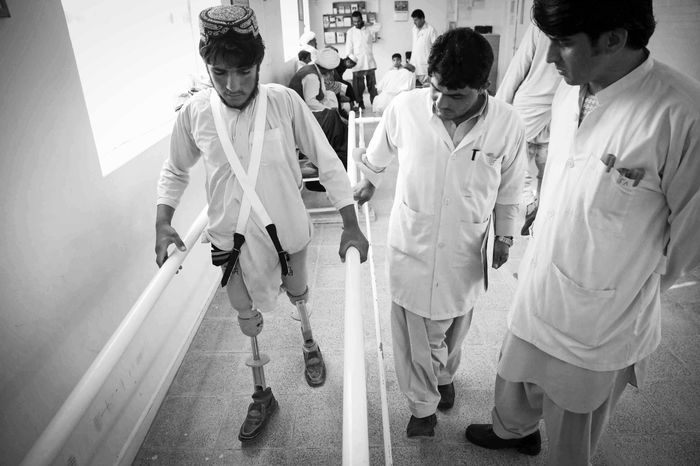
For the last sixteen months, I have been sharing my Afghan office with Ezat Gul, a legal adviser with the International Committee of the Red Cross. As a teenager, while a group of young people the same age as him were playing baseball in Pozuelo, he was injured by a bomb that exploded on a bus in Kabul. Ezat was one of the lucky ones who escaped with his life, but he lost his right arm. He went to one of the Physical Rehabilitation Centres where Lorena Enebral worked until the day she was killed. As well as being fitted with a prosthesis, Ezat was also offered a job. The centres where Lorena spent the last year or so of her life not only care for their patients, but also endeavour to reintegrate them into society. My determined and highly disciplined office mate took advantage of his first job with the ICRC to pay his way through law school to become a lawyer for the organization that had restored his hope.
Ezat is thirty-four and has never known peace. When I asked him what it was like living in Afghanistan, he gave me the following reply, which I recommend you read three or four times until you understand (really understand) what it means: “Even though you develop an acute sense of resilience when you are born and grow up in a constant state of war, it is still sad to kiss your children goodbye each morning with the appalling thought that it might be the last time you see them. I suppose that just about sums it up.”
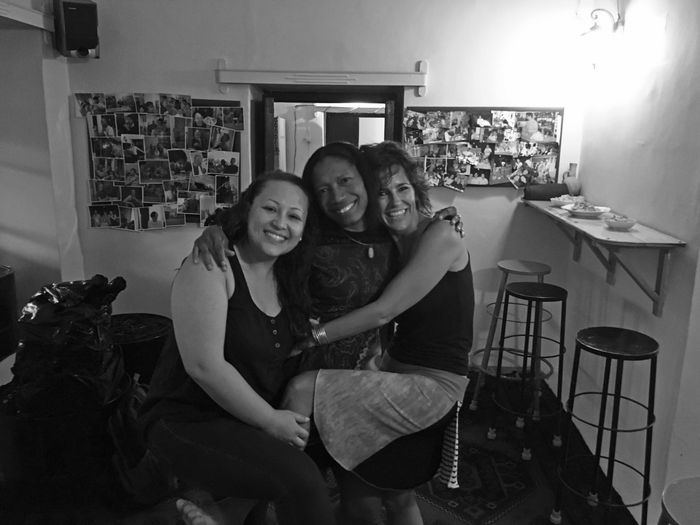
Part four: Straight ahead of him, nobody can go very far
As children, some people want to be a fire fighter, an astronaut, a pilot, a police officer or a teacher. Life moves on and dreams change. Paula Minguell, Lorena’s colleague and friend, made up her mind at a very early age. When she was just five, she told her parents she wanted to be a “doctor without borders”. Her father, who had been an opponent of the Pinochet regime (which had landed him in prison a couple of times), was able, through a scholarship, to live in exile in Spain. Paula grew up in a home where the justice–injustice dichotomy was accompanied by incontrovertible truths.
Felipe Ramírez Mock-Kow met Lorena Enebral in May 2016, the day she arrived in Kabul to start her job as a physiotherapist for the International Committee of the Red Cross. Along with some other colleagues, they enjoyed a dinner of potato omelette and cured meats fresh from home. Felipe was born in Colombia, another country emerging from a decades-long conflict. “I grew up in a privileged family affected, like so many others in Colombia, by the dynamics of the conflict”. Killings, threats, abductions and enforced displacement were the norm. When the time came to decide what he wanted to do with his life, he was in no doubt either: “I knew that I wanted to work for the ICRC.”
Spaniard Juan Carlos Real was a colleague of Lorena at Mazar-e Sarif until the morning he was abducted. Juan Carlos was held by his captors for twenty-eight days, moved from one cave to another with his ankles cuffed most of the time (“They were handcuffs, but they put them on my ankles; they hurt like hell.”). Before joining the ICRC, Juan Carlos had worked during some twenty years for different NGOs. It was by chance that he came to work at the first of them, Action Against Hunger. He was a conscientious objector, and that job helped him to avoid having to do compulsory military service. Ever since, humanitarian work has been a way of life for him: “I have always thought that the world could be a much better place,” Juan Carlos told me, “and I have always asked myself what I could do to make it better. I don’t want to live my life and then leave this world thinking ‘I have done nothing’”.
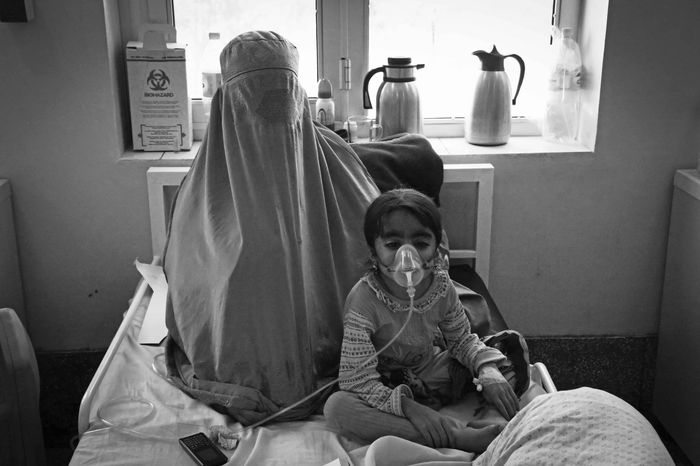
As for me, I arrived at the ICRC after fleeing from a big law firm where I worked an average of sixteen hours a day – in blatant violation of Spanish labour laws – to achieve things as immoral as ensuring that a major financial institution (happily no longer in existence) got off scot-free after losing the savings of hundreds of pensioners. Every day when I left my office in the early hours, catching a taxi courtesy of the client I was working for at the time, I would hear a little voice in my head, the worm of conscience gnawing at my heart (some would say my soul). It is no coincidence that in my first novel, set in a law firm inspired on the one I fled, the main characters flirt with the most expeditious solutions to the Camusian absurdity of existence.
The reasons why people decide to become humanitarian workers are wide-ranging and often enigmatic.
It is easy to imagine that when Lorena decided to devote her life to helping others, she was just following the Enebral Rules of Play, of which she was guardian and champion. She worked for five years at the Centro Contigo, a clinic in Pozuelo that provided treatment and rehabilitation to disabled children. There she used her experience as a physiotherapist to help these children and became an expert in this field.
One day, she suddenly realized that there were others who needed her more.
Fully in keeping with the Enebral Rules of Play, Lorena packed her case and set off to help them.
She worked for the NGO África Directo in Malawi and Tanzania and then joined the International Committee of the Red Cross. Her first posting was in Ethiopia, and her second in Afghanistan.
Wherever she was, Lorena never stopped for a minute. There was always something that needed doing. Aurora and Julián, her admirable parents, told me how, every time she came back to Spain, she organized fund-raising events to finance projects such as building a new school or renovating latrines. She would use any excuse to invite her friends to dinner and then spring her request on them over coffee, explaining that she needed everyone to pitch in and help finance this or that project. And she was just as effective from her Afghan exile; if she heard that someone was on holiday in Europe, she would immediately send them a WhatsApp message asking them to bring good-quality toys back with them to help stimulate the psychomotor skills of “her children”.
Lorena lived to help others at work and outside.
She was free.
And her life was governed by what Wallace called the “really important kind of freedom”.
Like Saint-Exupéry’s Little Prince, Lorena understood that “[s]traight ahead of him, nobody can go very far.”
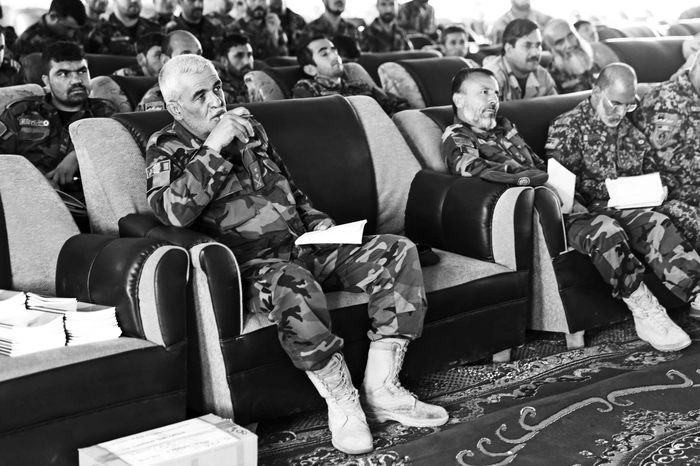
Part five: The law of war (II)
The International Committee of the Red Cross has been helping victims of war for over a century and a half. In addition to providing this assistance, the ICRC is also the so-called “guardian of international humanitarian law”, a branch of international law whose cornerstone is the four Geneva Conventions of 1949. These conventions have been universally ratified, which means that all the States around the world undertake to respect and, as required by the first article of the four conventions, to “ensure respect” for the law of war. Today, international humanitarian law not only establishes the obligation to care for the wounded on the battlefield, but also covers many other aspects such as the treatment of people deprived of their liberty, the protection of civilians and limits on the means and methods of warfare.
An oft-repeated mantra in these challenging times is that the rules of international humanitarian law are systematically violated. I do not agree with this view. I always say that the rules of the law of war are like traffic regulations: they are observed most of the time, and we only hear about them when they have been violated. The work of the International Committee of the Red Cross and that of many other humanitarian organizations and actors is an example of ways in which these rules are complied with.
Another common error is to think that everyone at the International Committee of the Red Cross is a doctor or a nurse.
Paula Restrepo was one of Lorena’s best friends in Afghanistan. They met on board the Red, the plane of the organization they both belonged to. They greeted each other in English, but their accents gave them away at once. They were soon inseparable. As well as listening to Panjabi MC songs whenever she could with Lorena and engineer Rubis, Paula spent the last few months working as manager of the ICRC’s food programmes. This is how the Colombian describes her duties in Afghanistan:
“In the Economic Security Department, we provide support to communities whose livelihoods have been affected by the conflict. We have projects to help people, such as displaced persons, in emergency situations, food production projects, income-generating projects, etc. We can’t solve all the world’s problems – we are not magicians – but making a difference to the lives of people who are suffering makes me feel and appreciate that it is worth carrying on this work.”
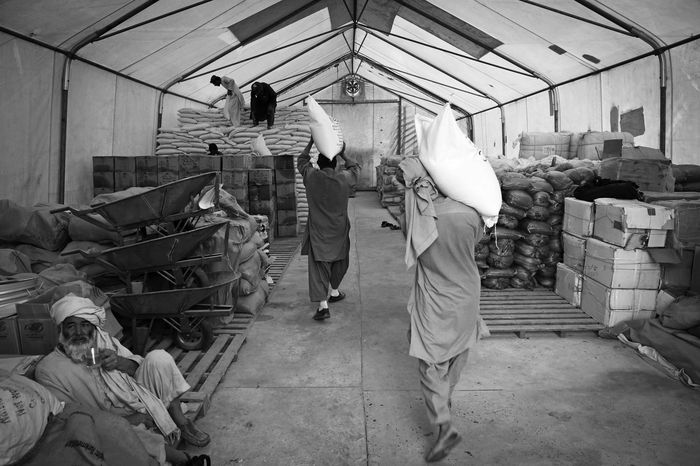
In 2016, over 150,000 Afghans received material aid thanks to the International Committee of the Red Cross. The law of war stipulates that all feasible measures must be taken to ensure that the conditions for people who have been displaced are satisfactory in terms of accommodation, hygiene, health, safety and food. Every time Paula goes to her office or supervises one of these aid projects, international humanitarian law is being respected.
ICRC delegates also engage in confidential talks with the parties to conflicts to promote respect for the law of war. This work, known in-house as “protection dialogue”, involves reminding armed actors that they must take precautions to prevent civilians from being affected by the hostilities. It also includes visits to all kinds of detention facilities, with a view to preventing disappearances and ill-treatment and ensuring that detainees are held in acceptable conditions. In 2016, ICRC delegates visited more than 35 detention centres in Afghanistan. Nelson Mandela, who benefitted from such visits during his stay on Robben Island, said on one occasion that “what matters is not only the good the ICRC brings, but even more the bad it prevents”.
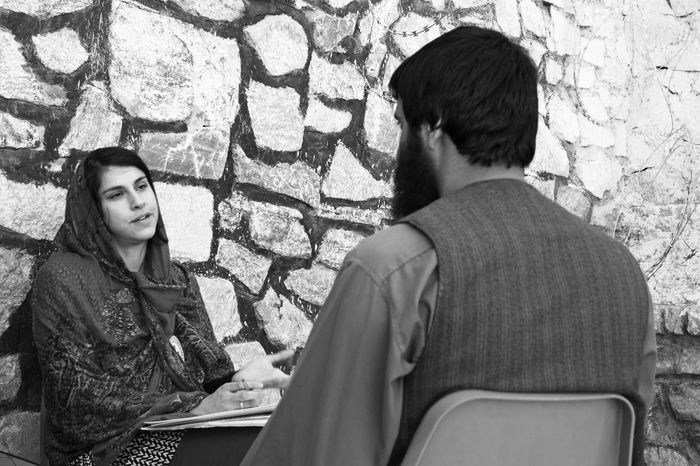
During its visits to Afghan prisoners last year, the ICRC collected and delivered 11,000 Red Cross messages for detainees. Red Cross messages are simply slips of paper that allow people deprived of their liberty to keep in touch with their loved ones. International humanitarian law provides that people deprived of their liberty have the right to correspond with their families, and the ICRC contributes to ensuring that this rule is respected hundreds of times each month in Afghanistan.
International humanitarian law also establishes the obligation to provide medical assistance to conflict victims, which is one of the main constants of the ICRC’s work since the times of Solferino. In 2016 alone, the ICRC transferred over 1,500 people wounded in the fighting to Afghan health facilities and supported hospitals in treating tens of thousands of patients. As a result of the customary media approach to covering events, which we should try to change, not one of these thousands of examples of respect for the law of war made the news headlines.
Other provisions of the Geneva Conventions require international humanitarian law to be disseminated as widely as possible and the mortal remains of people who have died to be returned to their families. Last year, the ICRC – through the work of its officers, myself included – spread knowledge of the law of war among more than 40,000 Afghans and returned the remains of 1,355 combatants and civilians to their families so that they could give them a dignified burial.
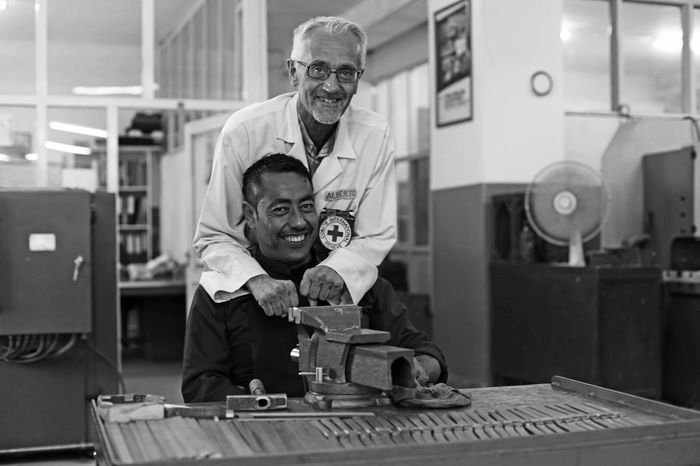
Of the many activities carried out by the International Committee of the Red Cross in the heart of Asia, there are none more commendable than those carried out by the physical rehabilitation centres where Lorena Enebral worked. Some 130,000 people with disabilities receive support each year at one of the seven clinics that the organization operates in different parts of the country. The ICRC also manufactures prosthetic and orthotic devices and wheelchairs, which it distributes to the most vulnerable people in Afghanistan, who are some of the most vulnerable people on the planet. At the helm of this remarkable project is Alberto Cairo, an Italian with a pointed face and long arms who arrived in Afghanistan over a quarter of a century ago. Alberto has been responsible not only for directing the ICRC’s work to help millions of people with disabilities – many of them as a result of the conflict, including people who have lost one or both legs after stepping on an antipersonnel mine – but also for helping the patients who visit the organization’s centres with their reintegration into society. “It is not enough to cure the body; the mind must also be rehabilitated,” he confessed to me the day I went to visit him. Since he arrived in Afghanistan, Alberto has promoted sports competitions among his patients and given hundreds of people with disabilities their first chance to work. It was Alberto who, over a decade ago, gave a job to my colleague Ezat Gul who, as I mentioned above, is now a prominent lawyer. When I asked Alberto what his secret was for captaining one of the ICRC’s most laudable projects for twenty-seven years, his reply was clear and categorical and echoed the Enebral Rules of Play: “We laugh a lot. As much as we can.”
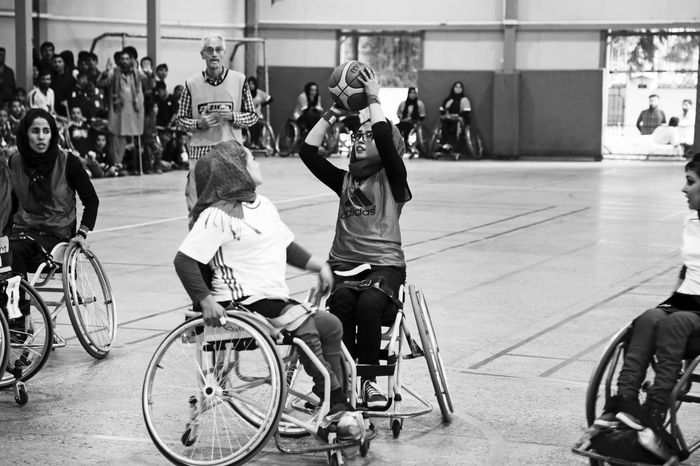
But Alberto, like the rest of us, lost his smile.
On 11 September 2017, at the ICRC Physical Rehabilitation Centre in Mazar-e Sarif, a disabled man in a wheelchair fired a single bullet at thirty-eight-year-old Lorena Enebral. She died of her injuries soon after being shot.
This tragedy is the third security incident suffered by the International Committee of the Red Cross in Afghanistan in less than a year. In the first, which occurred in December 2016, Spaniard Juan Carlos Real was abducted. Just two months later, in February 2017, six ICRC workers (Maqsood, Shah Agha, Rassoul, Najibullah, Murtaza and Khalid Jan) were killed in Jawzjan province and another two Afghan colleagues were abducted. In response to these incidents, the ICRC launched a campaign to remind people that the law of war requires that humanitarian workers be respected and protected at all times.
#NotATarget
There is no truth in the claim that the law of war lacks validity; thousands of individuals benefit from it and respect it – or promote respect for it – every day, but any violation of international humanitarian law has terrible consequences.
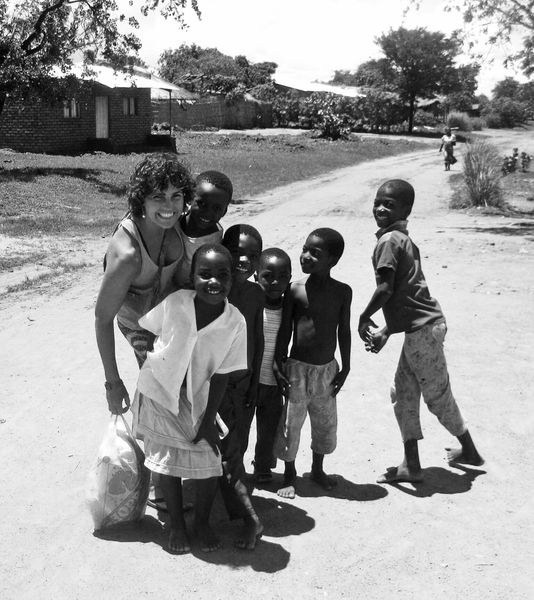
Part six: The joy of being alive
Her former colleagues at the NGO África Directo describe Lorena as “a wonderful person, a ray of sunshine”, who “illuminated a place just by being there”. All those lucky enough to have known her talk about her in the same terms. Her good friend Paula Restrepo shared this thought with me: “If you asked me how I would describe Lorena in two words, I would say ‘joy’ and ‘generosity’; if I had to make an analogy, I would say ‘the sun’”. Paula Minguell, our dear Spanish–Chilean doctor, says that “Lorena was a wonderful person. She was energy, positivity, a ray of sunshine. She always had kind and supportive words for everyone.” On the day that Monica Zanarelli, head of the ICRC delegation in Afghanistan, announced that Lorena had been killed, she described her as “the heart of our office in Mazar”. None of them was exaggerating in the slightest.
Lorena made the world a brighter place.
When we were in Kabul together, Lorena and I used to stay in the same house. I remember how she would share her bars of Valor chocolate (“eat up, my friend, eat up”) and collection of cheeses. One night when she was out, a passing visitor raided the fridge and wolfed down half a tray of cured sausage that Lorena had brought back from Spain. The cheeky devil did not even bother to take the price label off (22€). I rang Lorena at once to warn her. I thought she would be angry or upset (I was), but Lorena was too positive for that. She just laughed at this minor transgression and took advantage of the situation to do what she always did – smile at life: “Go on then; make the most of it and finish off what’s left,” she laughed.
Lorena turned problems into opportunities.
She made everything she touched greater.
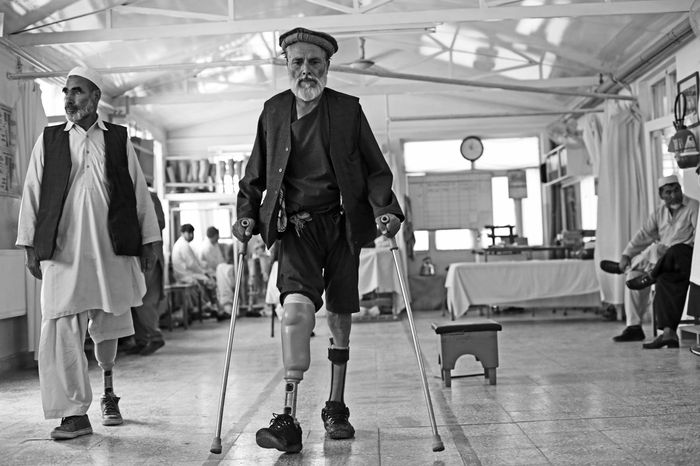
I could share dozens of testimonies describing Lorena as someone “special”, “optimistic”, “with good vibes” and “devoted to helping others”. All these epitaphs fall short though. They are inadequate, imperfect. Perhaps the best description of this paragon would be the handful of lines that she wrote herself in black ink in her spidery handwriting to wish her loved ones Happy Christmas almost four years ago:
“Dear family, I would love 2013 to be a marvellous year. I hope that you don’t win the lottery or receive expensive and beautiful presents; I hope that you do laugh nonstop, continue to learn from other people and share the joy of being alive with your friends, children, brothers, sisters, neighbours and strangers. Although I am far away, I will always be with you… I love you, Lorena.”
Wherever she went, Lorena disseminated the Enebral Rules of Play, which included laughing all the time and opening up to strangers.
She shared the joy of being alive with us.
Bengali poet Rabindranath Tagore, awarded the Nobel Prize in Literature in 1913, expressed an idea in one of his poems that I always try to hold on to in times of loss: “If you cry because the sun has gone out of your life, your tears will prevent you from seeing the stars”. Everyone who knew her said that Lorena was the sun, and this unjust, pointless and devastatingly premature death is like a huge orange star sinking slowing in the firmament. Before the last glow disappears from the horizon, hundreds of sparkling pinpricks stud the sky.
Lorena helped thousands of people to walk again.
She improved the lives of numerous children with disabilities.
She shared her knowledge and experience with others so that they too could help the most vulnerable.
She infused her family, friends, colleagues and patients with a sense of warmth. She made everyone feel special.
She left a profuse trail of stars in her wake.
Her great friend Verbena, her “soul mate” and also a physiotherapist with the International Committee of the Red Cross, gave an eloquent description: “Lorena is the best example of generosity, concern for others, loveliness, positive energy and unconditional love that I can imagine. No bullet can extinguish that!”
Her friend and colleague Paula Restrepo has similar thoughts: “Her generosity and goodness were limitless, and we could say they continue to be boundless because although she has left us, the lessons she taught and the example she set still mark our lives.”
The stars will continue to shine.
They will shine forever.
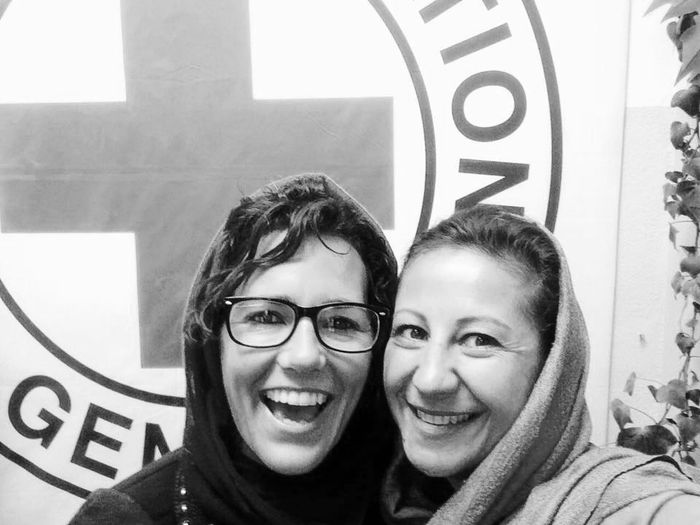
Epilogue
Henry Dunant won the first Nobel Peace Prize in 1901 for founding the International Committee of the Red Cross and contributing to alleviating the suffering of the victims of war.
Lorena Enebral Pérez was awarded the Grand Cross of the Order of Civil Merit on 22 September 2017 for her values and outstanding humanitarian work.



